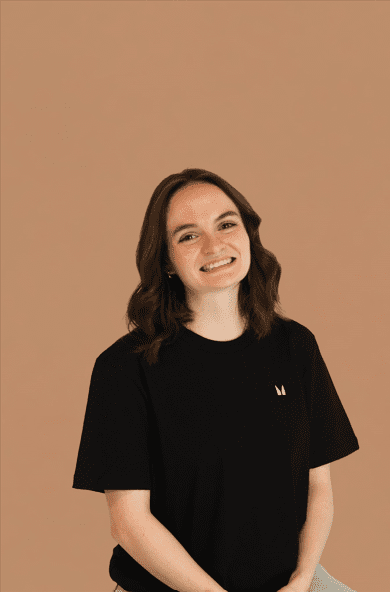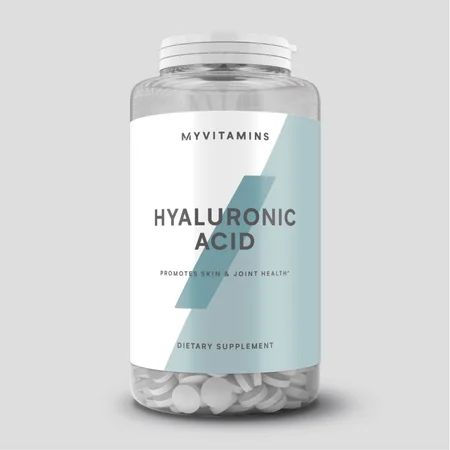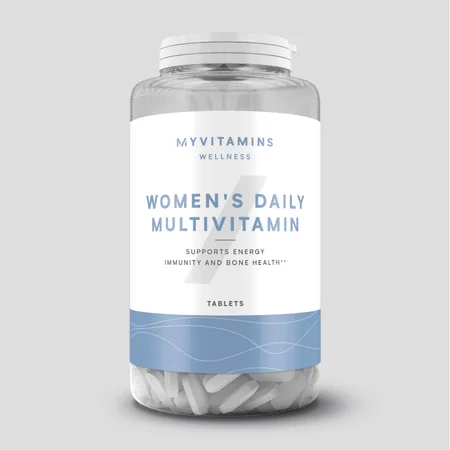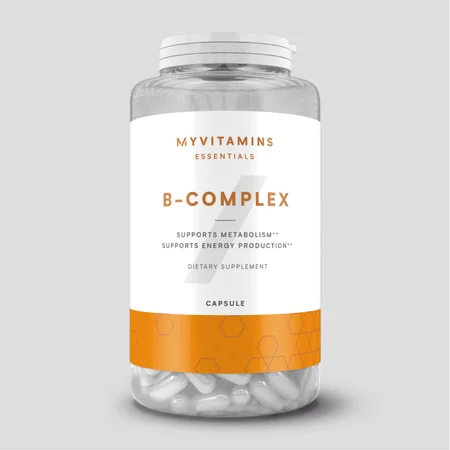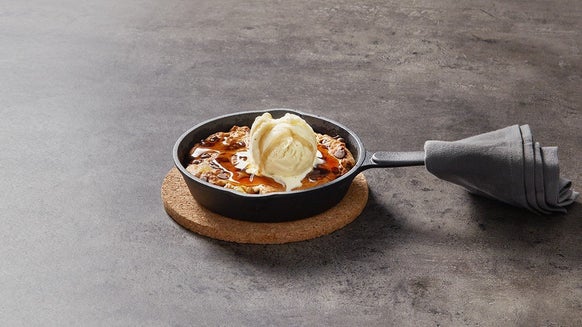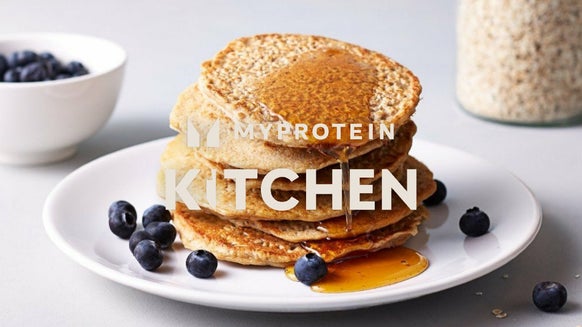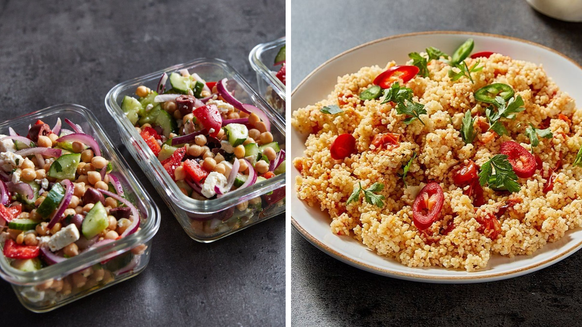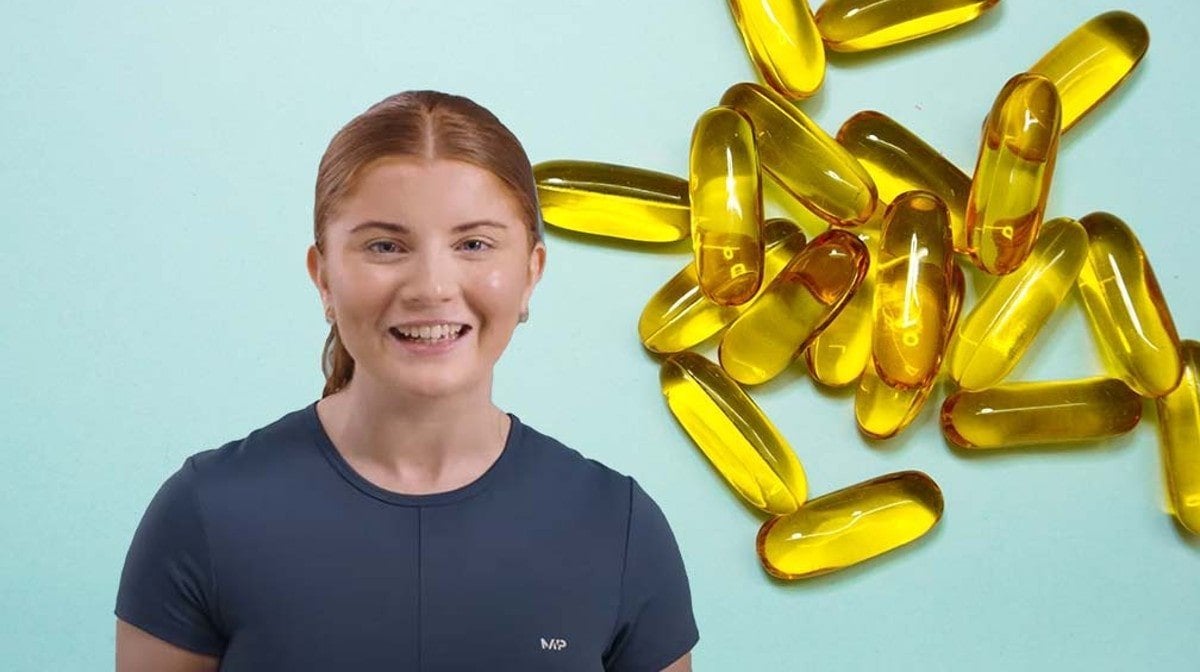
Generally speaking, men and women have similar nutritional needs, requiring the same carbohydrates, fats, and protein. But with differences in hormones and reproductive cycles, the micronutrient needs of men and women can differ.
If all of this sounds complicated already, don’t worry, Nutrition BSc and Myprotein senior product developer, Katie Brown, is on hand to clear up any confusion in this instalment of Nutritionist Explains.
Katie works specifically on Myvitamins products, so she really knows her stuff, especially when it comes to the vits on our shelves. Here are Katie’s top five vitamins recommendation for women. Richie who?
B12
Vitamin B12 is Katie’s first vitamin recommendation for women because the body can’t make it by itself. Katie says B12 is particularly important if you follow a vegetarian or vegan diet, as B12 is mostly found in animal sources like milk, eggs, meat and some fish.
B12 helps make red blood cells (the cells that move oxygen around the body). If you’re deficient in B12, Katie says you’ll likely be left feeling weak and tired, and you could even develop anaemia, where you have fewer red blood cells carrying oxygen than normal.
B12 also supports the brain and nervous system, and therefore plays a role in our emotions, meaning upping B12 could help with a more positive mindset if you’re deficient.
Iron & Folic Acid
Iron can be found in meat, tofu and green leafy veg, among other foods, but getting the recommended 18mg per day can be tricky without the help of a supplement.
Katie explains that like B12, iron is also “essential for red blood cell formation and the transportation of oxygen in the blood”. This is especially important for women as a lot will lose blood and iron during their periods. Again, much like B12, deficiencies in iron can cause anaemia, leaving you feeling dizzy, tired and weak. So supplementing iron could give you that boost of energy you need.
What’s so good about our Iron & Folic Acid supplement is that it’s made with added vitamin C, which aids iron absorption.
To learn more about the importance of folic acid, read this next... (link to article explaining folic acid).
Women's Multivitamin
Developed specifically for women's unique nutritional needs, an all around multivitamin is a great way to boost your vitamin and mineral intake in a way that complements your normal diet.
Whatever your fitness goals, they're an ideal to help you stay on top of your game and keep mentally sharp during your busy lifestyle.
Biotin
Katie explains that while hair loss is thought to be something that affects men, it’s estimated that “up to 50% of women will experience noticeable hair loss at some point in their lifetime”. That’s where biotin comes in.
Biotin is a vitamin of the B-complex, and is known as a heavyweight of the hair, skin and nails supplements, supporting all three to keep them looking and feeling healthy.
It’s a water-soluble vitamin, however, meaning it passes through the body quickly, so supplementing regularly is a great way to boost your levels.
Hyaluronic Acid
Skincare-lovers will know all about this supplement and its power to help lift the skin from dull to bright and dewy.
Hyaluronic acid is “a naturally occurring, moisture-retaining molecule in our skin, connective tissues, joints and muscles”. But our natural levels of hyaluronic acid decline as we age, so supplementing it will help restore your natural levels and keep you glowing from the inside out.
Take home message
While micronutrient requirements are more or less the same for everyone, it’s recommended women take more of certain supplements because of the physiological differences between them and men. Whether your goals is physical or mental wellbeing, or boosting energy, these five supplements are a great place to start.
READ THESE NEXT:

“Why Do I Eat When I’m Bored?” | Nutritionist Answers This Age-Old Question
And how to only eat when you're *really* hungry....
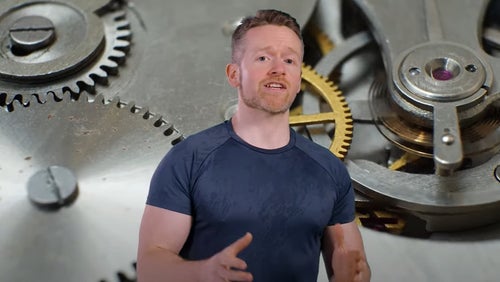
Increasing Your Metabolic Rate | Nutritionist Explains
Richie breaks down all the acronyms of your metabolism....
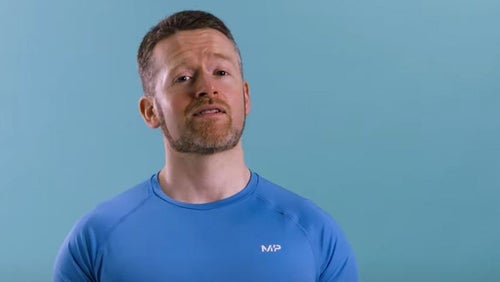
Bulking Diet Explained By Nutritionist
Richie is back to explain bulking diets....
